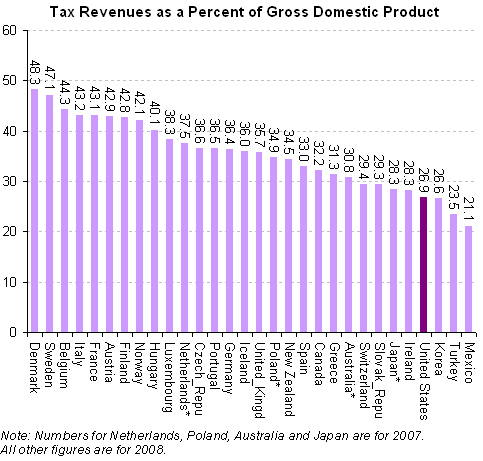
French sociologist Pierre Bourdieu popularized the notion of the habitus. The term refers to both the knowledges and physicalities that maintain distinctions between groups (examples in a sec). It’s a great concept for helping us understand the reproduction of class differences without relying strictly on economics. It takes more than money to make money, it also takes knowing the right things, the right people, and the right way to act.
The habitus, then, is one way to show that you “belong” to the group. Imagine being on a really fancy job interview for a really fancy job. Can you talk knowledgably about what vintage of which wine was really excellent in any given year? Do you know which fork is the salad fork? What parts of your body are allowed on the table? When? How quickly do you eat? What is the sign that you are finished with your food?
People who grow up in wealthy families that prioritize these things tend to absorb this knowledge naturally while growing up, just as a kid who grows up on a farm knows how to wrassle a lamb for fixin,’ mend a barbed wire fence, and spot a good steer at the auction. Both of these types of knowledges are useful, but they don’t transfer; my colleagues, for example, are forever unimpressed that I can tell the breed of most horses just by looking.
In any case, while these examples refer to class and rural or urban upbringings, Missives from Marx offered a great example of the habitus as a marker of religious belonging.
In the video below, made by evangelicals, the evangelical habitus is satirized. “Lost at an evangelical meeting?” the video asks, “Here’s how to do evangelicalism!”
* Title, post idea, and video stolen from Missives From Marx.
Lisa Wade, PhD is an Associate Professor at Tulane University. She is the author of American Hookup, a book about college sexual culture; a textbook about gender; and a forthcoming introductory text: Terrible Magnificent Sociology. You can follow her on Twitter and Instagram.





